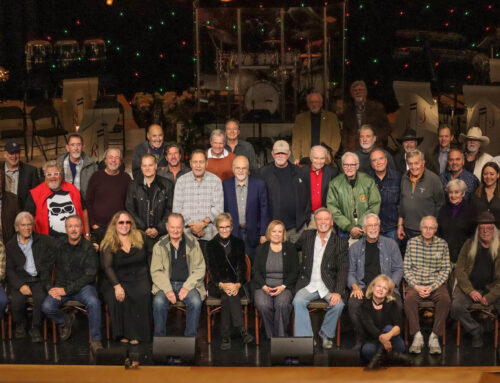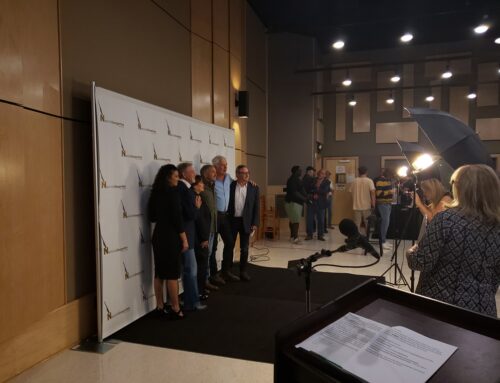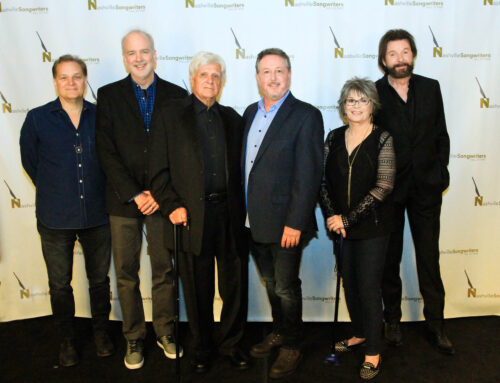
Although the Recording Industry Association of America started going after individual litigants in 2004, no case has yet to go to trial in front of a judge or jury. This is about to change.
Since 2004, tens of thousands of claims have been filed by the RIAA. By now, everyone understands the strategy. The RIAA’s investigators determine that a certain IP address has been used to download and/or upload musical compositions via Kaaza or a similar P2P network. A Federal lawsuit is then filed under a “John Doe” in order to subpoena the records of the Internet service provider, which is easily determined by the IP address. Since the ISP has immunity from suit, it usually complies willinginly. Of course, in some case, the ISP is a college or university and, in some case, the privacy rights of the students have trumped the rights of RIAA and the subpoenas have been quashed, but that’s a different story and I’m getting off subject.
Once the user’s name is subpoenaed from the ISP, the RIAA begins the process of intimidation. Letters are forwarded to the various parties stating that a settlement can be reached. The first offer to the offending party is usually somewhere in the neighborhood of $3000 to $5000 dollars, depending upon the perceived severity of the infringement. This number is, coincidentally, about what a typical retainer would cost for a good lawyer. Although I’m not exactly sure of the exact percentage, the greatest percentage of these claims get settled with the individuals and their families.
Now, to say this methodology is controversial is an understatement. The RIAA is relentless in its pursuit of these infringers. Rather than teaching a valuable lesson, the recording industry’s methods have aliented and offended the great majority of Americans. While I agree that songwriters, artists and distributors of musical product are entitled to their rightful compensation for the use of their copyrights, I do not agree with the aggregious methods of the RIAA.
Now, If all goes well, next Thesday, October 2, 2007, the case of Virgin Records, et al. v. Jammie Thomas, Case No. 06–cv-1497, will go to trial in the U.S. District Court for the District of Minnesota. For the first time, I have a strong suspicions that the methodologies of the RIAA, not so much the infringement of the defendant, will be what stand trial.
Ms. Thomas, like so many other victims of the RIAA dragnet, steadfastly maintains that she has never used Kaaza or any other P2P network. Of course, those of us who know a smidgen or two about computers know that there can be, quite literally, hundreds of devices behind a single IP address. The RIAA’s lawyers will have a very difficult time, in my opinion, connecting the dots from the IP address “maintained” by Ms. Thomas, and the actual infringing computer.
One other issue that will arise in this case in particular, and likely in future cases as well, is the issue of ownership of the copyrights. Since literally thousands of songs are involved, it will be a monumental task to trace the chain of ownership to the plaintiffs in order to show standing. I don’t envy the Plaintiffs’ lawyers. If the plaitniffs cannot prove ownership, it might be posssible for Thomas to be awarded attorneys fees.
It is not, again in my humble opinion, in the best interest of the RIAA for this case to go to trial. If they go to trial and lose on some of these issues, the precedential effect would be tremendously devasting for their cause. I would be surprised to see the case in the courtroom next week, but I’ll certiainly keep you posted.
For further reading:
Ars technica; Recording Industry vs The People; Slashdot





